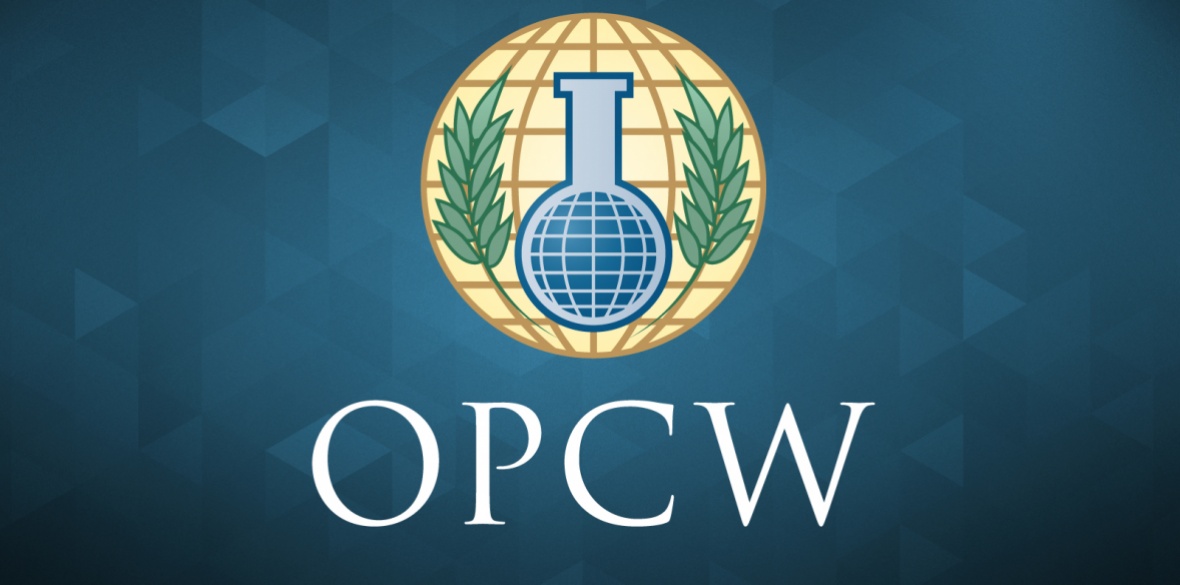This is the last article you can read this month
You can read more article this month
You can read more articles this month
Sorry your limit is up for this month
Reset on:
Please help support the Morning Star by subscribing here
SYRIA warned Western states today against continuing to politicise the Organisation for the Prohibition of Chemical Weapons (OPCW), alleging that it is being used as a “weapon of war” in the region.
Bashar al-Jaafari, Damascus’s permanent representative at the United Nations, told a meeting of the security council that the global chemical weapons watchdog was being used in “political blackmail to serve the agenda” of those seeking regime change in Syria.
“Syria joined the OPCW in 2013 and has engaged in serious and constructive co-operation with the UN relevant mechanisms and OPCW and its technical secretariat, which has resulted in helping Syria to get rid of its chemical stockpile, substances and production facilities,” Mr Jaafari said.
“Syria has not possessed any chemical weapons and substances or production facilities since 2014.”
He argued that the truth was inconvenient for Western states, which continue to press for intervention in Syria.
“Those countries’ fabricated allegations aim at justifying direct military aggression and serious violations of international law and the UN charter and to spread death and destruction,” Mr Jaafari said, reminding UN delegates that Western powers had used the same tactics to justify the invasion of Iraq and the Nato bombing of Libya.
He said that the OPCW had been put under pressure to produce a so-called “chemical file” – a report blaming the Syrian government for chemical attacks on the city of Douma – which became highly politicised.
Mr Jaafari insisted that the dossier failed to meet the minimum standards of credibility and objectivity, explaining: “These reports were prepared without visiting the sites of the alleged incidents and they were built on speculations and uncertain assumptions … based upon what is called open sources.”
The Douma dossier became mired in controversy in 2019 after it emerged that a dissenting engineering report, which cast doubt on the official narrative that Syrian President Bashar al-Assad’s forces were responsible for the attack, had been inexplicably excluded.
An OPCW whistleblower said that key evidence had been withheld, with the case deliberately manipulated to frame the Syrian government.
The OPCW was established in 1997 to implement the Chemical Weapons Convention, but it has been accused of lacking impartiality.
In 2018, the organisation was granted the power to apportion blame for alleged attacks, rather than simply establish whether or not chemical weapons had been used.
Russia, Iran and Syria said that the body was no longer fit for purpose, accusing it of being under the control of Western countries including the United States.











